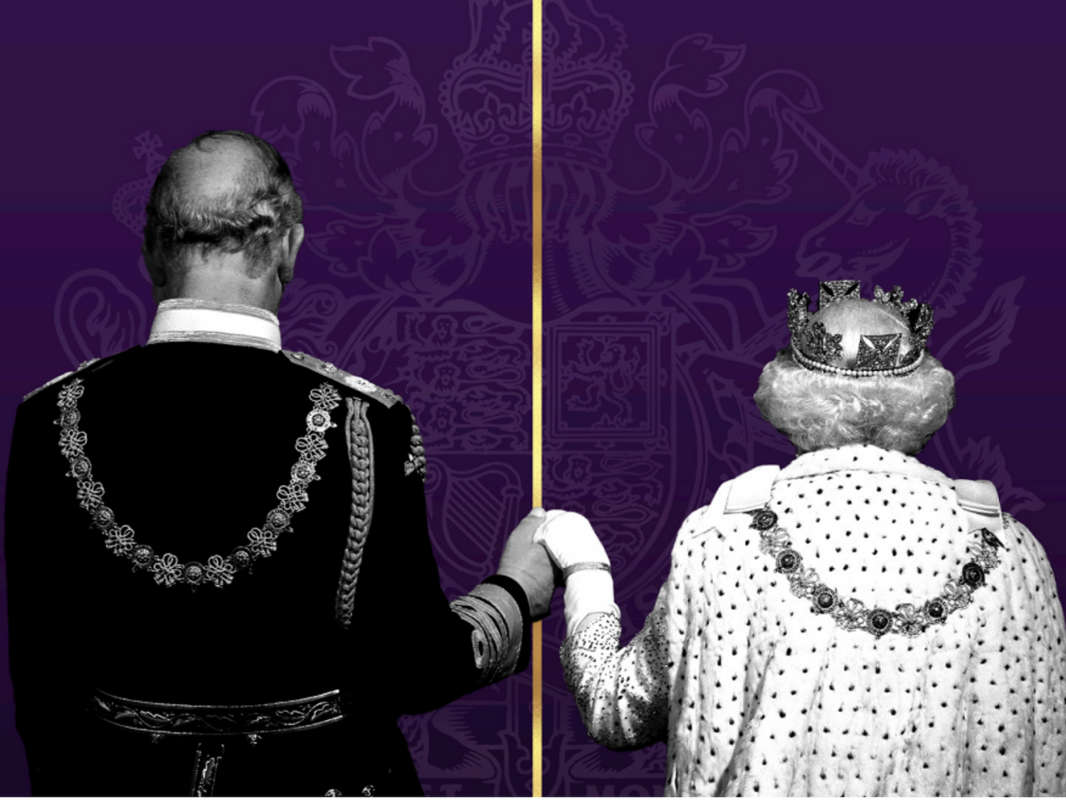
The death of Queen Elizabeth, Britain's longest-reigning monarch, marks a key moment in the history of the UK and the rest of the world.
Some aspects of what happens in coming days and weeks date back to centuries, while some of the logistics are reviewed regularly, particularly in recent years due to the COVID pandemic.
The series of events following the death of the Queen is code-named "Operation London Bridge".
As the nation mourns one monarch, with millions flocking to London to see her body lie in state, Charles immediately replaces the Queen, visiting the four nations and appearing on television as King for the first time.
Although the official blueprint is yet to be released, here Sky News looks at what we can expect to happen between now and the Queen's funeral.
Period of national mourning declared
A period of national mourning has begun and is set to last until the funeral, which is expected to take place 10 days after the Queen's death.
Major sporting events, including football and cricket matches, could now to be postponed as a mark of respect.
Flags will fly at half-mast at Buckingham Palace, the Houses of Parliament and buildings across the country, while books of condolences will be placed in town halls so people can pay their own tributes to the Queen.
And large screens are also likely to be set up in major towns and cities for people to follow rolling news coverage.
Both Houses of Parliament are due to meet as soon as is practicably possible, while foreign leaders and dignitaries start to make arrangements to fly in for the funeral.
The government is not expected to announce any other business, unless urgent, to allow focus to fall completely on the Queen.
In the coming days her body will be moved from Balmoral to St Giles Cathedral in Edinburgh, before returning to Buckingham Palace.
When Prince Philip died, the Queen requested that the Royal Family observe two weeks of official mourning.
They did carry out engagements in the days after the funeral, but only those deemed appropriate.
A new King
The day after the Queen's death, there will be a series of ceremonial events to formally mark the accession of the new King.
Traditionally, the Accession Council meets as soon as possible at St James's Palace, usually within 24 hours of the monarch dying, and is made up of Privy Counsellors, Great Officers of State and the Lord Mayor, among others.
The process is historically split into two parts.
The Queen's death will be formally announced by the Lord President of the Council before the "Accession Proclamation" is read.
Charles will read an oath which will see him promise to "assume the duties and responsibilities of sovereignty" and follow in the footsteps of his mother.
His wife Camilla and son Prince William will be there, as they are both members of the Privy Council.
Camilla will become Queen consort, the Queen confirmed in a statement to mark the start of her Platinum Jubilee celebrations, putting an end to the uncertainty over her new title.
The proclamation is often the first time a monarch officially announces which name they will choose, but Clarence House has already said the King will go by Charles III.
He did not have to choose Charles, however. He could have used any of his given names - Charles, Philip, Arthur or George.
For example, his grandfather King George VI was born Albert, and his uncle Edward III was David.
The first proclamation has traditionally taken place on the balcony at St James's Palace, with the second at the Royal Exchange in the City of London.
Charles is likely to address the nation in a televised broadcast and have his first meeting with the prime minister and the cabinet, before travelling around Scotland, Wales and Northern Ireland for proclamation ceremonies in the devolved nations.
The King's coronation will not take place immediately. The Queen was not crowned for more than a year after her father's death.
Lying in state
Five days after her death, the Queen's coffin is expected to make the mile-long journey from Buckingham Palace to Westminster Hall, where her body will lie in state before the funeral.
Huge crowds could congregate to watch the procession.
Once the coffin reaches the hall, it will likely remain there until the morning of the funeral to allow members of the public to file past and pay their respects.
It is expected to be open 23-hours-a-day.
When the Queen Mother died, thousands of mourners lined up, with queues snaking over Lambeth Bridge and along the Embankment.
The government is thought to have a detailed security plan in place for large crowds arriving in London, similar to the one for the 2012 Olympics.
State funeral
The Queen will have a full state funeral, likely 10 days after her death, at Westminster Abbey.
Members of government, former prime ministers and heads of state from across the Commonwealth and the rest of the world will attend the service.
It will include a two minutes' silence, which will also be observed by the rest of the nation.
The day of the funeral will likely be declared an official day of national mourning.
Although shops, offices and schools are likely to close, it will be up to individual organisations whether they still want to open or not.
Supermarkets and essential retail may choose to operate reduced bank holiday-style opening hours.
Burial and final resting place
After the funeral, the Queen's coffin is expected to be taken in a procession through the centre of London, before going to Windsor Castle.
It will be brought to St George's Chapel, where Prince Philip's funeral took place due to coronavirus restrictions. A committal service will likely be held there.
After the service, her body will be taken to the castle's King George VI Memorial Chapel, where her mother and father are buried. This will be her final resting place.

(c) Sky News 2022: Queen's death: From the new King to national mourning, this is what happens now

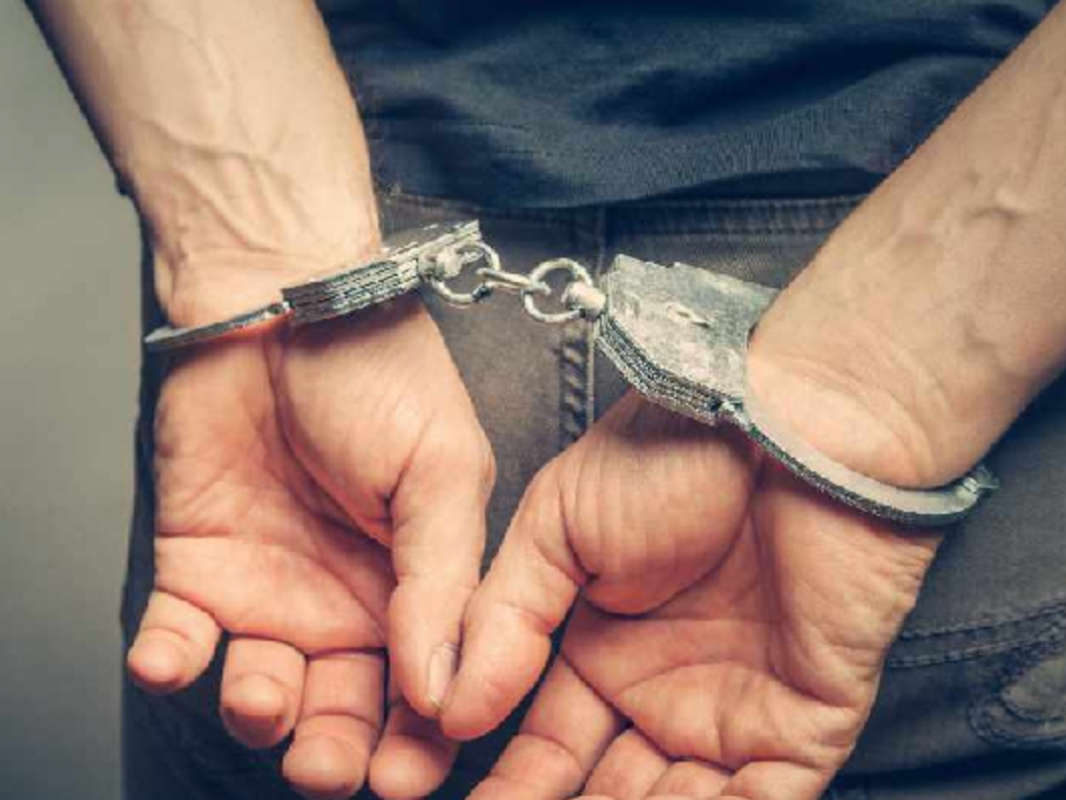 Teenager In Custody On Crawley Attempted Murder Charge
Teenager In Custody On Crawley Attempted Murder Charge
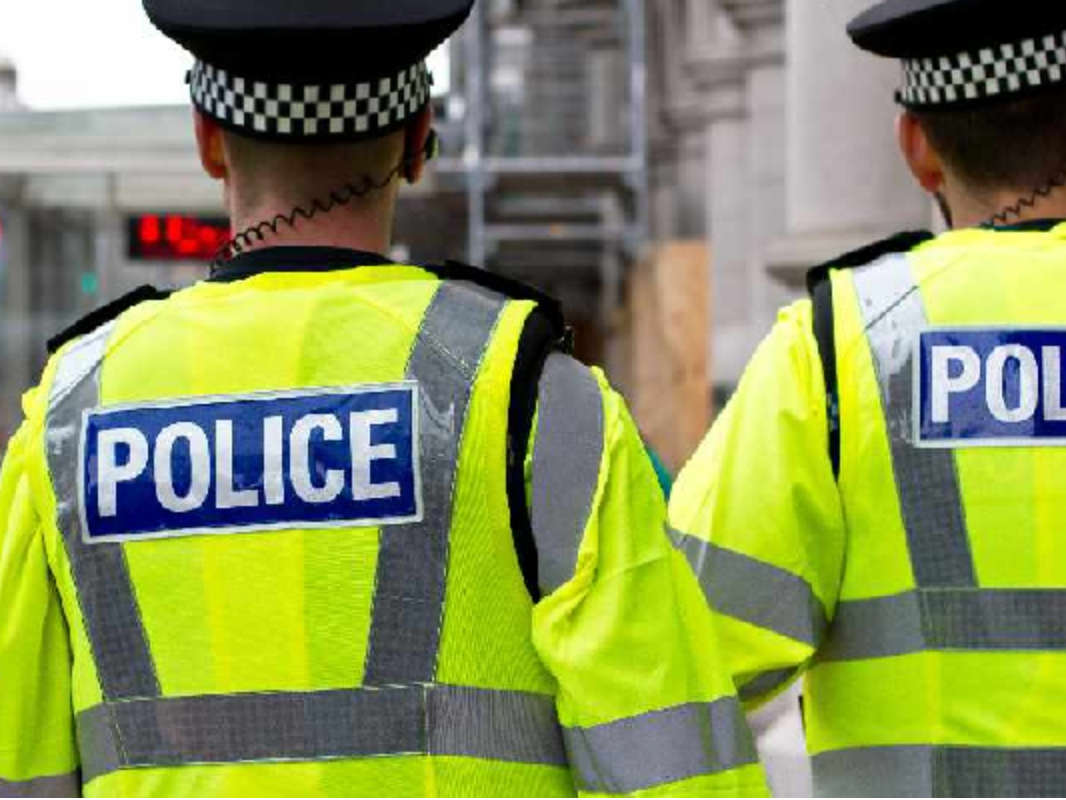 Appeal Following Assault In Hastings
Appeal Following Assault In Hastings
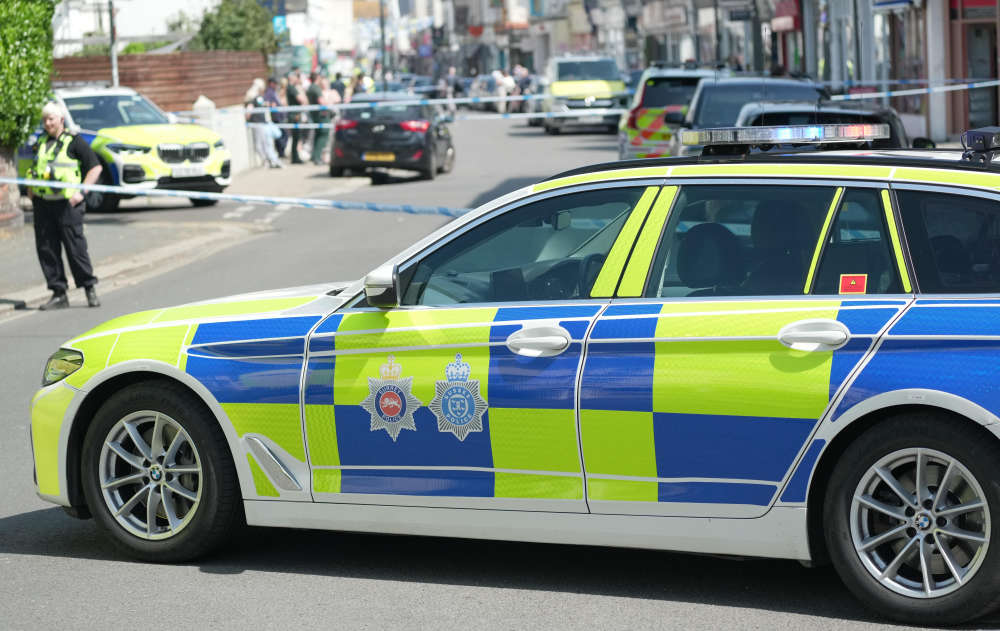 Road Closed As Armed Police Attend Incident In Worthing
Road Closed As Armed Police Attend Incident In Worthing
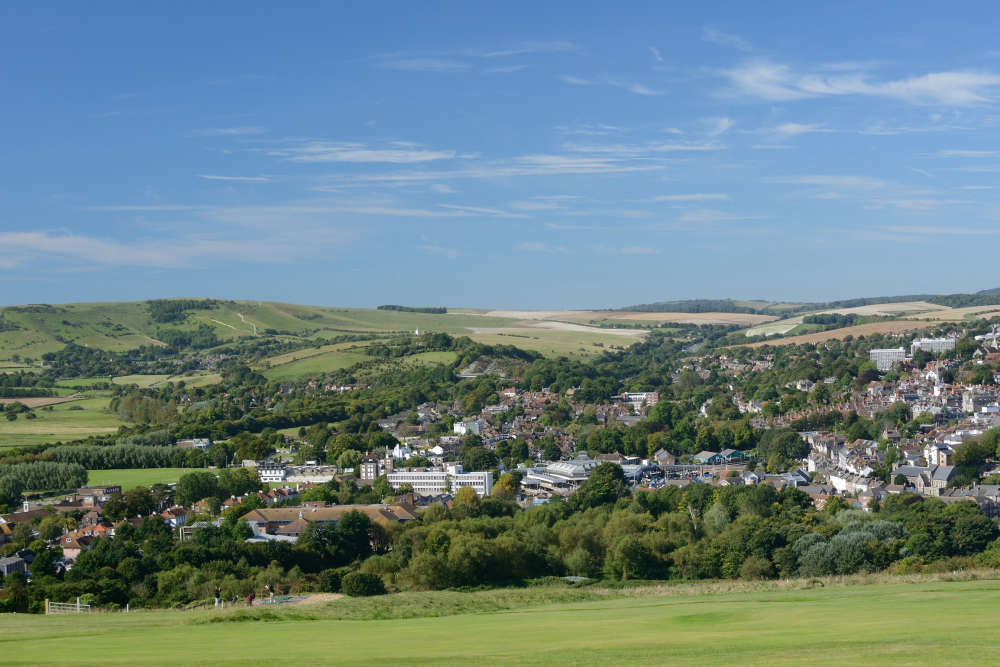 Lewes District Council Placed In Planning Special Measures
Lewes District Council Placed In Planning Special Measures
 ‘Life-Changing’ Medication For Asthma Patients Now Available In Sussex
‘Life-Changing’ Medication For Asthma Patients Now Available In Sussex
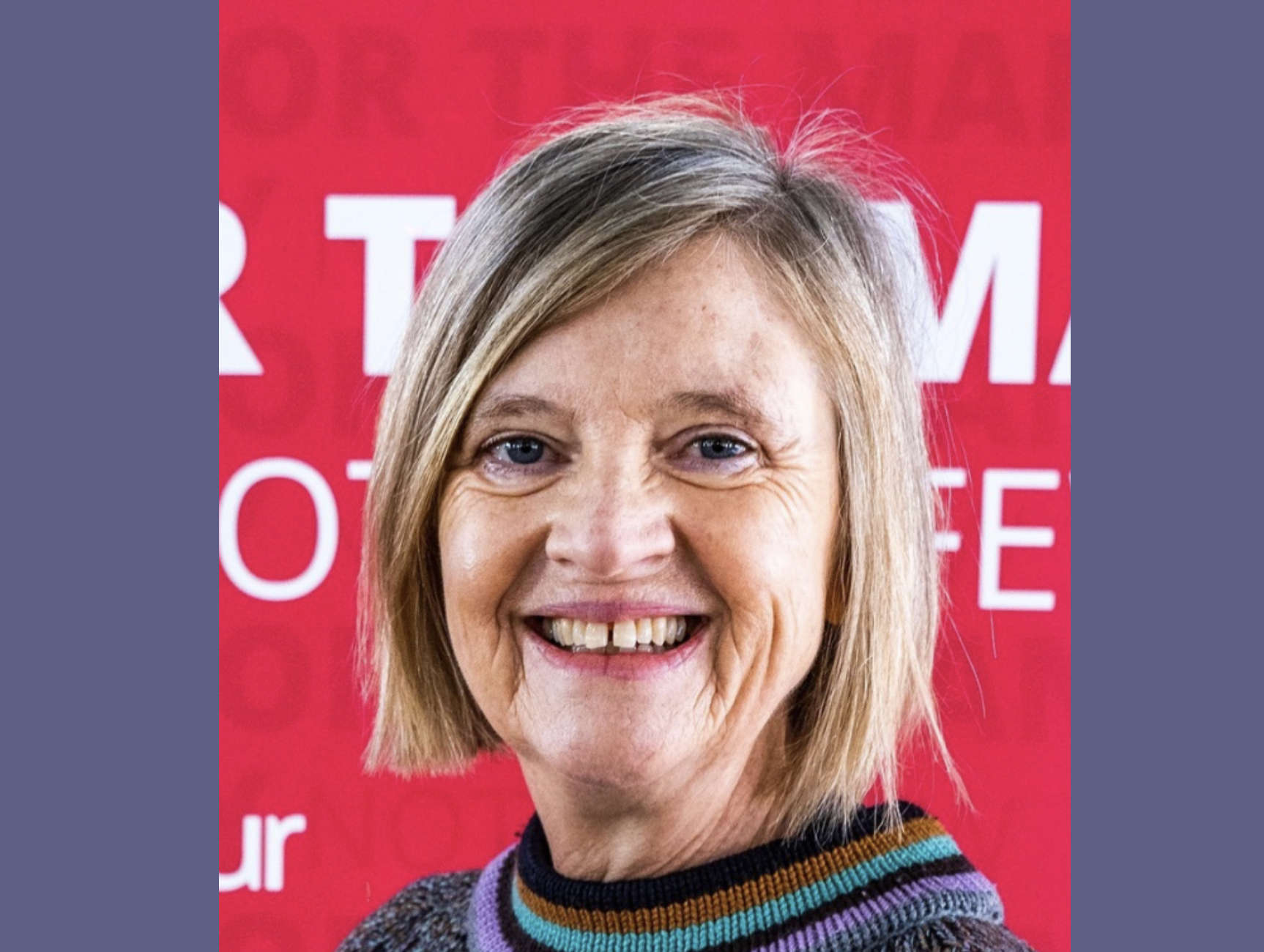 Arms Factory Demonstrator Disrupts Brighton & Hove Council Meeting
Arms Factory Demonstrator Disrupts Brighton & Hove Council Meeting
 Patients Forced Into 'Pharmacy Bingo' - As Survey Says Medicine Shortages 'Beyond Critical'
Patients Forced Into 'Pharmacy Bingo' - As Survey Says Medicine Shortages 'Beyond Critical'
 Appeal for information After Man Dies In Hastings Collision
Appeal for information After Man Dies In Hastings Collision
 Wealden To Hold National Dementia Action Week This Month
Wealden To Hold National Dementia Action Week This Month
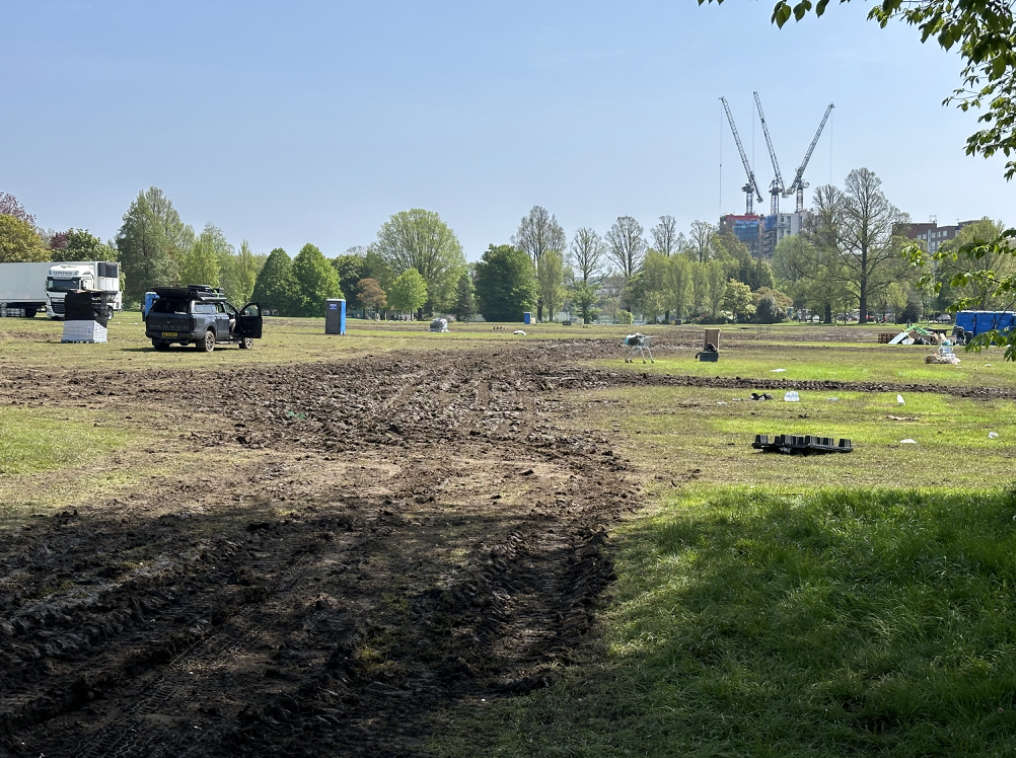 Brighton Food Festival To Be Charged For Mud Bath
Brighton Food Festival To Be Charged For Mud Bath